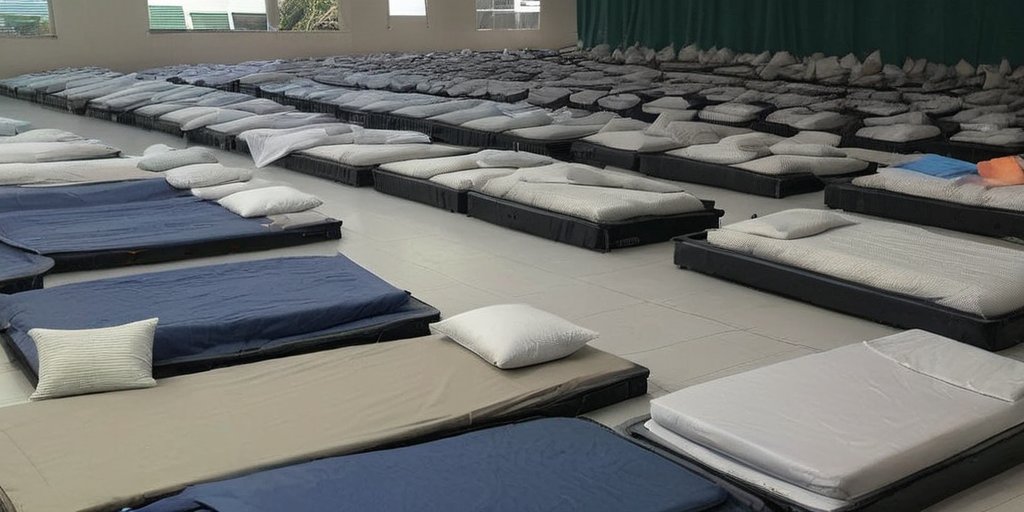In a poignant interview, a migrant from Cameroon identified only as “Ambo” recounts the harrowing journey that brought her to a shelter in Panama City, where she is now living in limbo. Ambo fled her home country due to grave political threats, only to find herself in a precarious situation after seeking asylum at the US-Mexico border shortly after Donald Trump’s inauguration on January 23.
Upon arrival, she turned herself in to the authorities, hoping to be granted asylum in the United States. Instead, she described a journey marked by confusion and despair as she was taken from US custody to Panama with fellow migrants, under the impression they were being relocated to a US facility.
The shift came as part of a broader immigration policy pushed by the Trump administration, which pressured Latin American nations to aid in the increased crackdown on migration. In the days leading up to Ambo’s arrival, Trump had signed an executive order that bolted the US-Mexico border to newcomers seeking asylum.
The attempts at collaboration resulted in Panama accepting nearly 300 migrants who had crossed the border, but in many cases like Ambo’s, they were simply expelled without clear communication or support. “Why are you bringing us to Panama?’ Ambo recalls asking, reflecting the disbelief and fear felt by many migrants, some of whom left everything behind due to threats against their lives.
Ambo and others, including an Ethiopian woman and Afghan man, have shared their deeply troubling experiences. Each of them faced dire situations back home due to political unrest and threats—these narratives highlight not just individual stories but shed light on the refugee crisis exacerbated by policies that overlook the fundamental rights of those seeking safety.
The living conditions described by these migrants range from inadequate shelter facilities to poor sanitation and emotional suffering. Despite being in yet another foreign country, their hope was that the U.S. government would advocate for their rights. However, as reality set in, many, like Ambo, expressed feelings of abandonment and helplessness.
Legal representatives point out that these migrants’ rights to seek asylum have not only been compromised by U.S. actions but are also questionably respected under Panamanian law. Silvia Serna Román, a litigator, emphasized the distress of these individuals whose pleas for asylum have gone unheard. A lawsuit is currently being pursued against Panama, which the Panamanian government has repeatedly denied any wrongdoing regarding the treatment of these deported individuals.
The situation is dire, as many are surviving with 30-day “humanitarian” permits that do not guarantee their safety. If they fail to secure an extended status, they risk forced removal back to the very dangers they fled from. As the crisis continues, voices like Ambo’s resonate with the urgent need for compassion and a reevaluation of the existing immigration policies witnessed under President Trump’s administration.
A woman’s plea echoes in the distance, msg expressed by countless others caught in a systems that seem indifferent to their plight: “America has always been seen as a refuge for those needing help. They should listen to us. Human rights must be upheld in America!”
